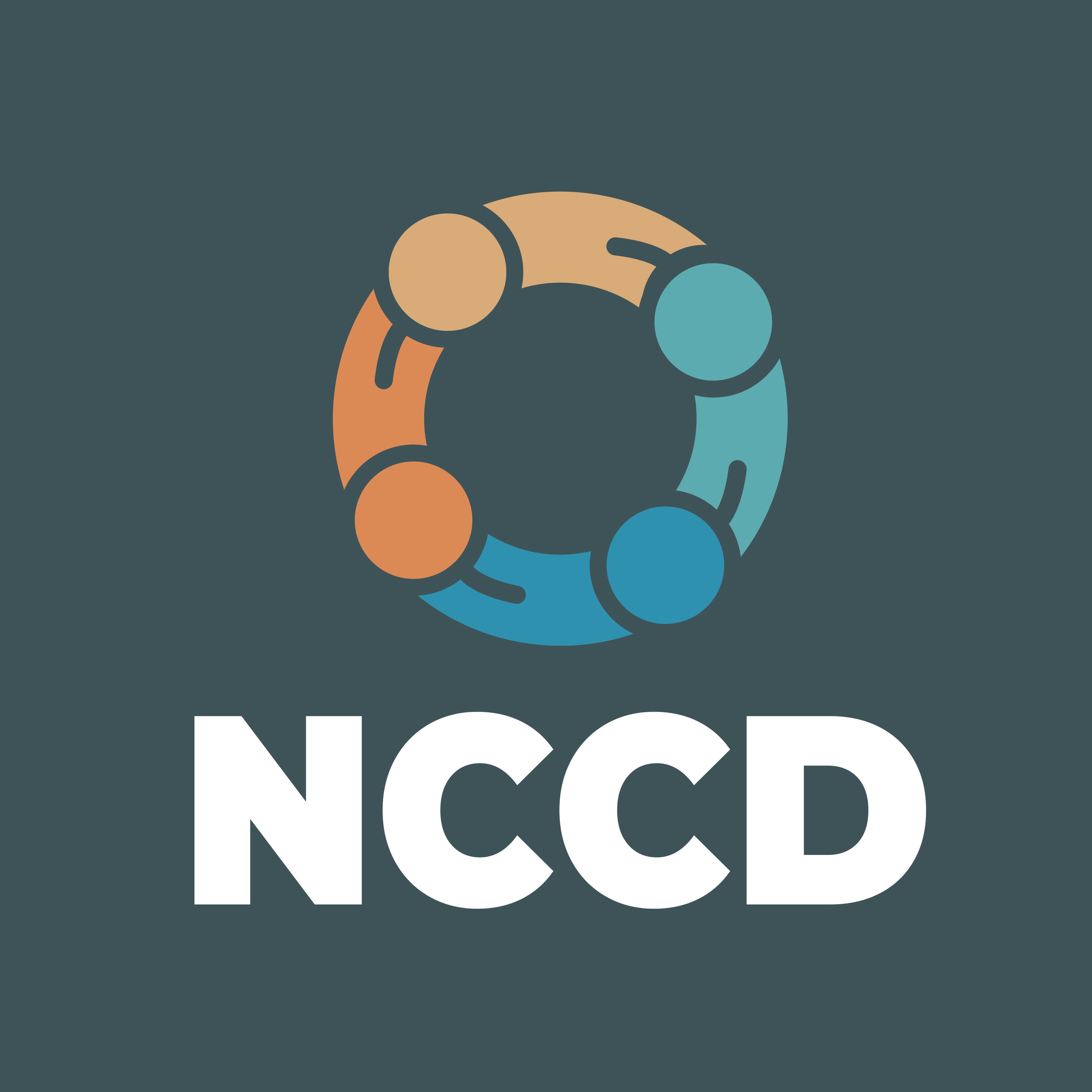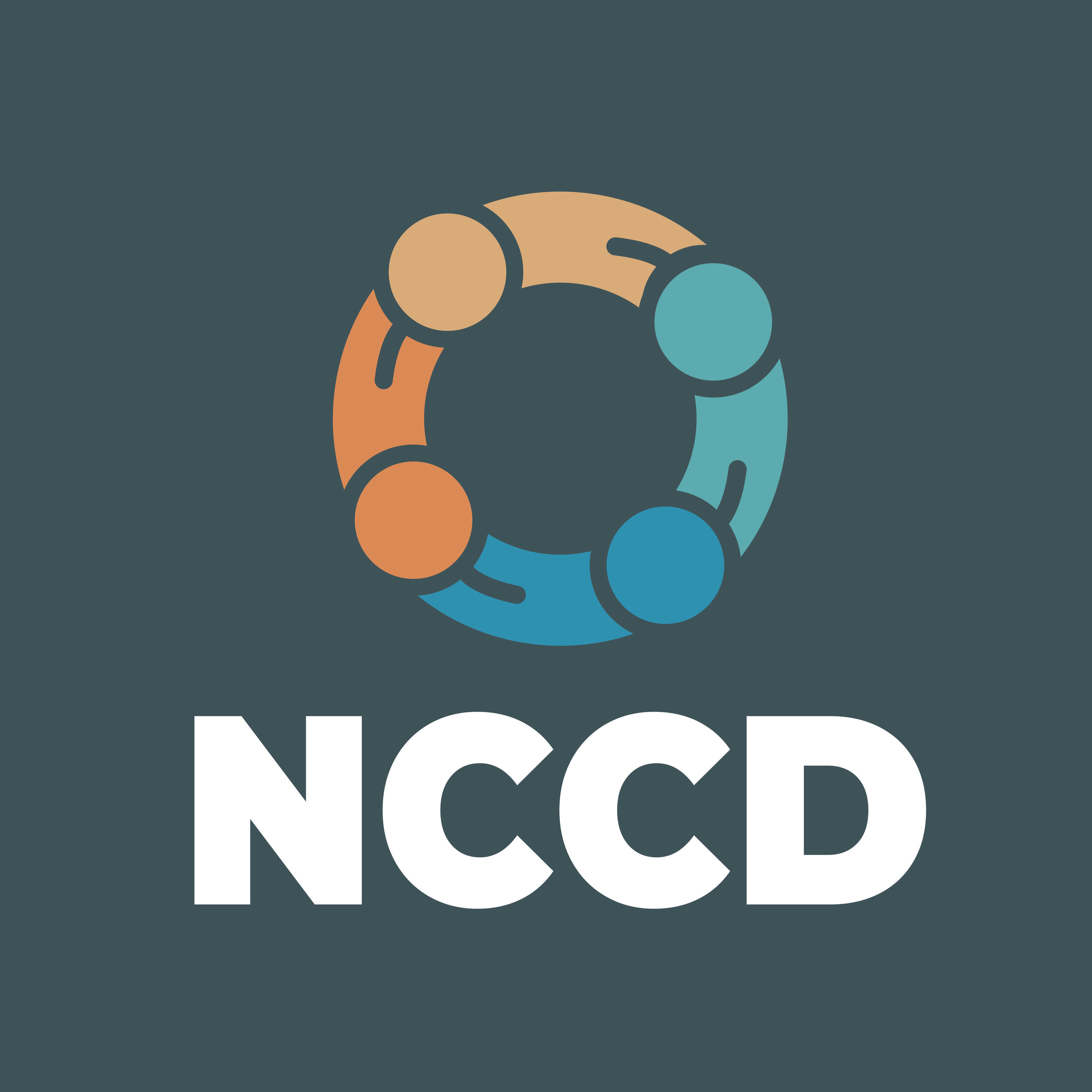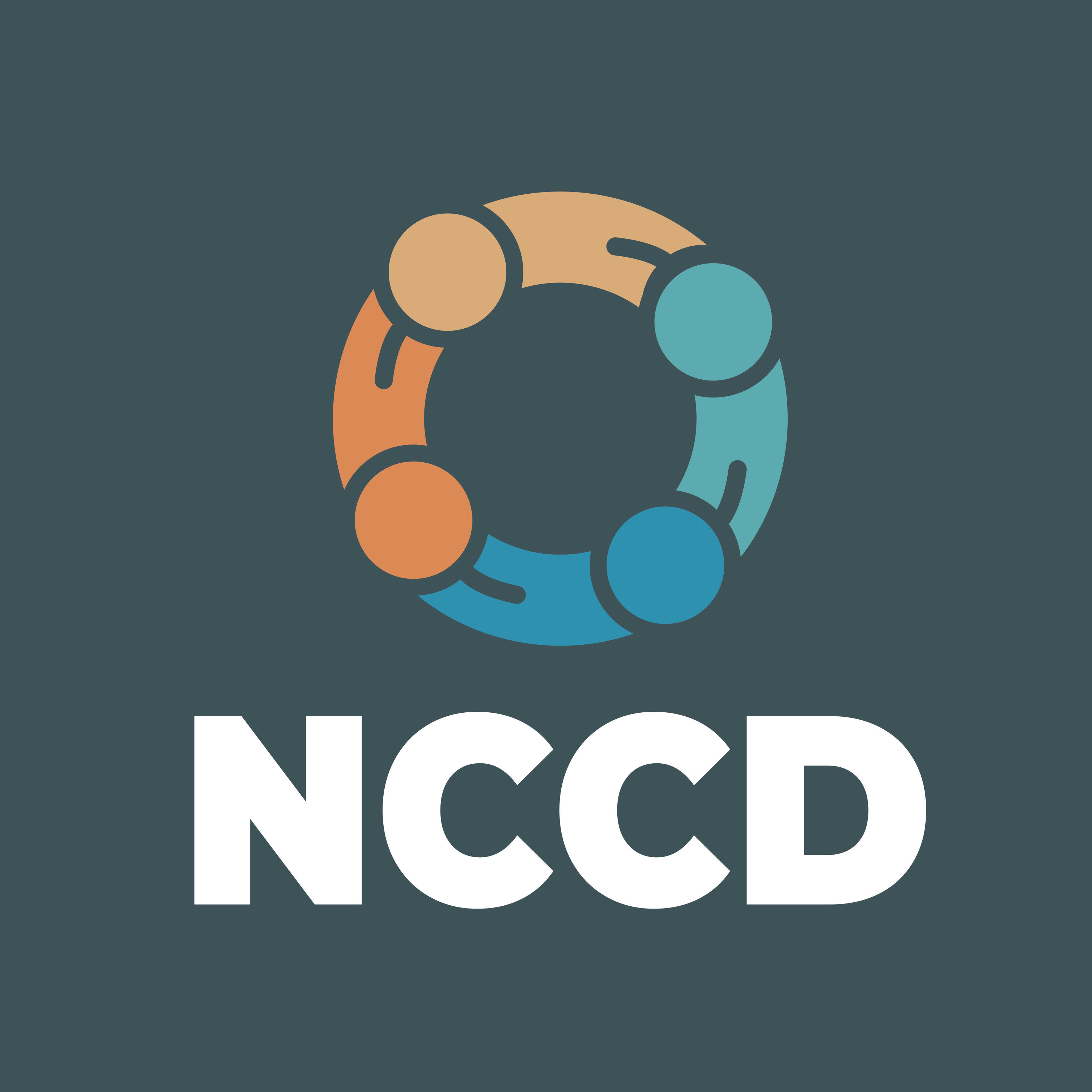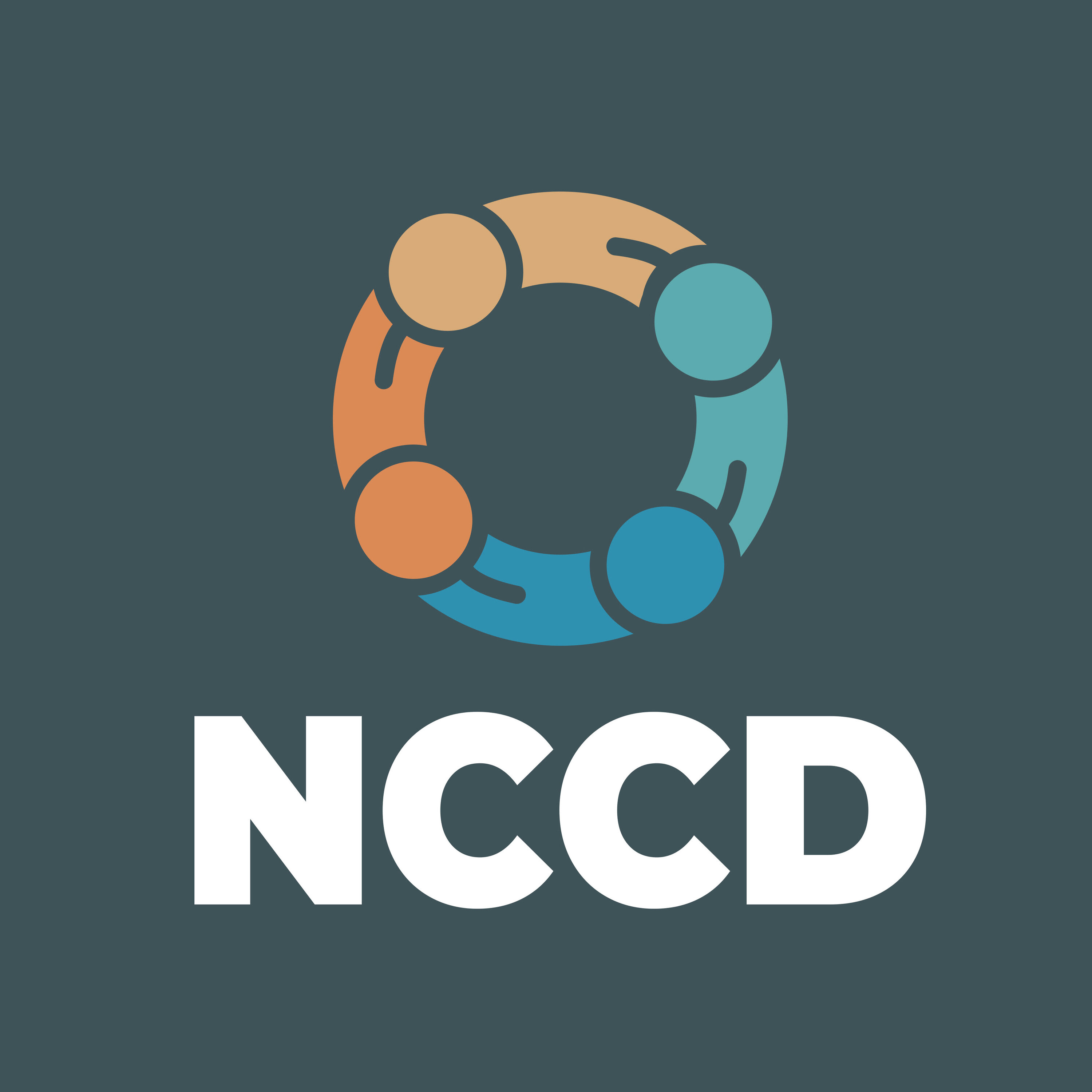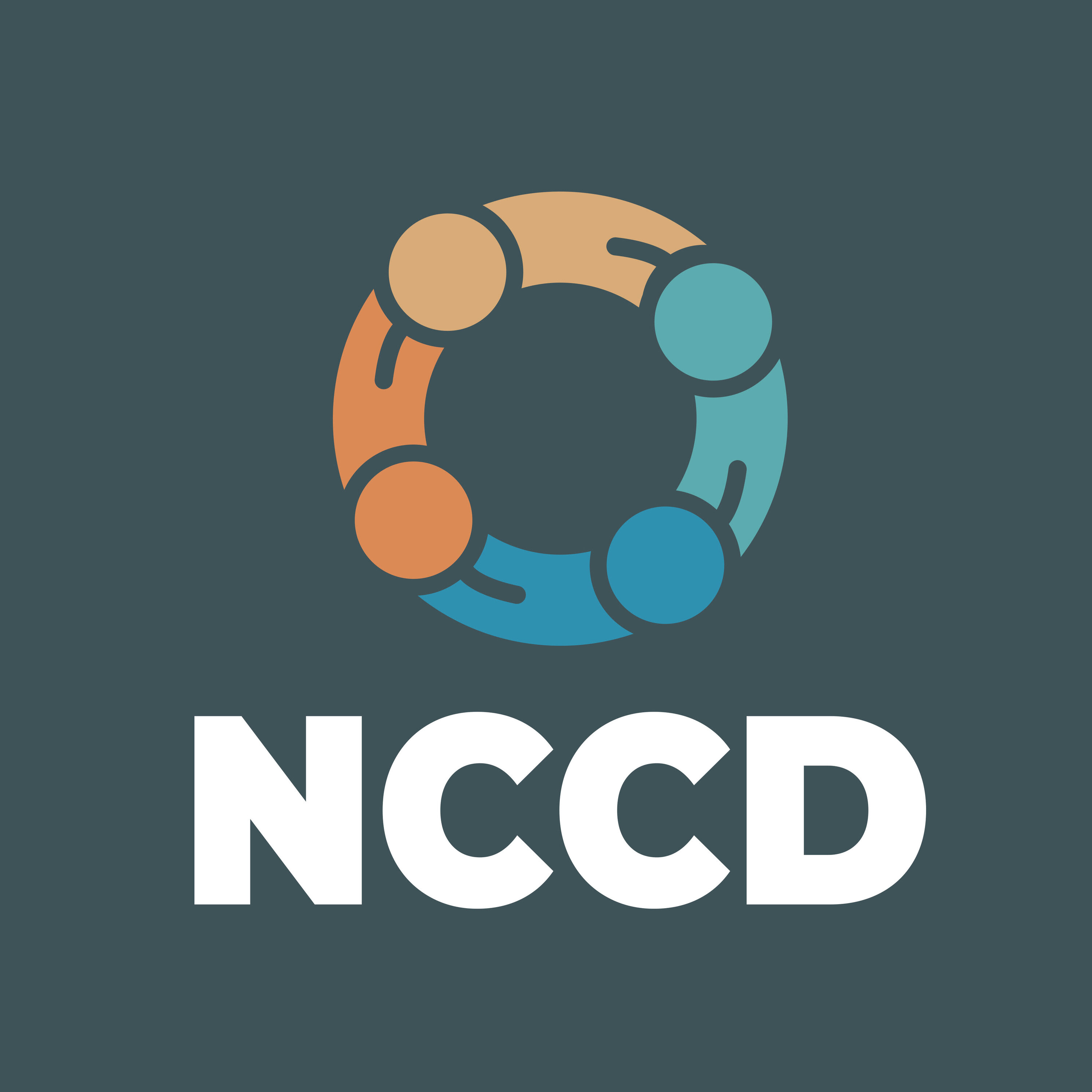Discover Disability conversations
Disability conversations

Disability conversations
Author: ESA
Subscribed: 6Played: 9Subscribe
Share
Description
This second season of NCCD Portal podcasts focuses on how to support students with either a diagnosed disability or an imputed disability, so they can be successful learners across different education settings. We’ll share strategies and takeaways that can be applied in the classroom. This is an Education Services Australia podcast. Find all episodes of Disability conversations on the NCCD Portal.
5 Episodes
Reverse
In this episode, we turn our attention to distance education. We examine how students with disability receive effective adjustments while learning in remote and home-based settings. We also reflect on the importance of consultation and a collaborative partnership between families and the school team in the context of online schooling.
In the podcast, you’ll meet Susan Monaghan, Head of Inclusion and Student Support at the Brisbane School of Distance Education (Brisbane SDE). She discusses some tools that can be used in an online classroom to scaffold and target a student’s individual learning needs. Janine Denner, a teacher from the School of Isolated and Distance Education in Perth, talks about the key role families play when students are no longer in a face-to-face classroom. Year 1 teacher, Sophie Bailey, then discusses the steps she takes to engage students on screen to keep them learning.
Credits
Host/Producer: Serpil Şenelmiş, Written & Recorded
Producer/Audio Engineer: James Brandis, Written & Recorded
This is an Education Services Australia podcast.
Find all episodes of Disability conversations on the NCCD Portal. See omnystudio.com/listener for privacy information.
In this episode, we discuss how teachers and education assistants (otherwise known as teacher aides or learning support officers) can work together to support students with disability. We explore the day-to-day role education assistants play in contributing to classroom achievements, and specifically look at the ways they add value to the NCCD team.
You’ll meet Leanne Hillman, a former teacher who’s at the helm of a pilot research project looking into how education assistants and teachers can forge a more effective partnership for student success. Experienced education assistant Rochelle Miller then shares what this partnership involves – from case management to the daily tasks required to engage students and meet their needs – while middle school teacher Tamara Chesson outlines the benefits education assistants bring to the classroom.
Credits
Host/Producer: Serpil Şenelmiş, Written & Recorded
Producer/Audio Engineer: James Brandis, Written & Recorded
This is an Education Services Australia podcast.
Find all episodes of Disability conversations on the NCCD Portal. See omnystudio.com/listener for privacy information.
In this episode, we put the spotlight on undiagnosed social/emotional disability. We’ll explore how this broad category of disability can impact a student’s overall classroom and functional learning experience. Undiagnosed social/emotional disabilities can present differently in each student, but there are key signs that schools can look out for to assess whether a student is exhibiting evidence of a social/emotional disability.
You’ll meet clinical psychologist Jane Carmignani. She discusses some of the classroom adjustments that can be made to assist students with undiagnosed social/emotional disability who are often in ‘fight-or-flight’ mode. As a proudly autistic man, founder and Chief Enabling Officer of the I CAN Network, Chris Varney shares his personal and professional experience of the impact that social/emotional disability can have on students. He offers suggestions on how schools can better support them. Inclusive education specialist and teacher Claire Jackson shares ways to gather evidence and data to ensure students are given the right level of adjustments.
Host/Producer: Serpil Şenelmiş, Written & Recorded
Producer/ Audio Engineer: James Brandis, Written & Recorded
This is an Education Services Australia podcast.
Find all episodes of Disability conversations on the NCCD Portal. See omnystudio.com/listener for privacy information.
In this episode, we focus on how schools can impute a disability. This is when a student is considered to have an undiagnosed disability that has a functional impact on their learning. Schools use evidence and data they have collected to inform their decision to impute a disability. This information is then used to shape reasonable adjustments to enable them to learn and participate in schooling alongside their classmates.
You’ll meet, Principal Rebecca Fahey who explains what kinds of indicators to look for and the various categories of evidence to collect. Head of Diverse Learning Helen Thomas discusses the benefits students experience once a disability is imputed and the appropriate adjustments are put in place. And inclusive practice consultant Saisha Khanna reminds us of the importance of cultural context when having conversations with parents around imputing disability.
Host/Producer: Serpil Şenelmiş, Written & Recorded
Producer/ Audio Engineer: James Brandis, Written & Recorded
This is an Education Services Australia podcast.
Find all episodes of Disability conversations on the NCCD Portal. See omnystudio.com/listener for privacy information.
In this episode, we turn our attention to the knowledge and insights of parents when it comes to imputed disability. This is when a school determines that a student with additional learning needs has an undiagnosed disability that has a functional impact on their schooling. It explores stories where parents, in collaboration with schools, not only assist them to understand student need and functional impact to impute disability but positively contribute to understanding the adjustments required to support a student’s individual learning needs at school. You’ll meet primary school student William who displayed early signs of difficulty with reading. His mum, Renee, talks about how important it is to recognise the role parents play as ‘experts’ of their own child. She says parents are key advocates in communicating their own child’s needs. Inclusion specialist Sam Pollack explains how it’s easier to understand a student’s motivators when parents and schools work collaboratively. And Sue Tape from Children and Young People with Disability Australia (CYDA) shares effective communication strategies that can be actioned for classroom success. Credits Host/Producer Serpil Şenelmiş, Written & Recorded Producer/Audio Engineer James Brandis, Written & Recorded This is an Education Services Australia podcast. Find all episodes of Disability conversations on the NCCD Portal. See omnystudio.com/listener for privacy information.


